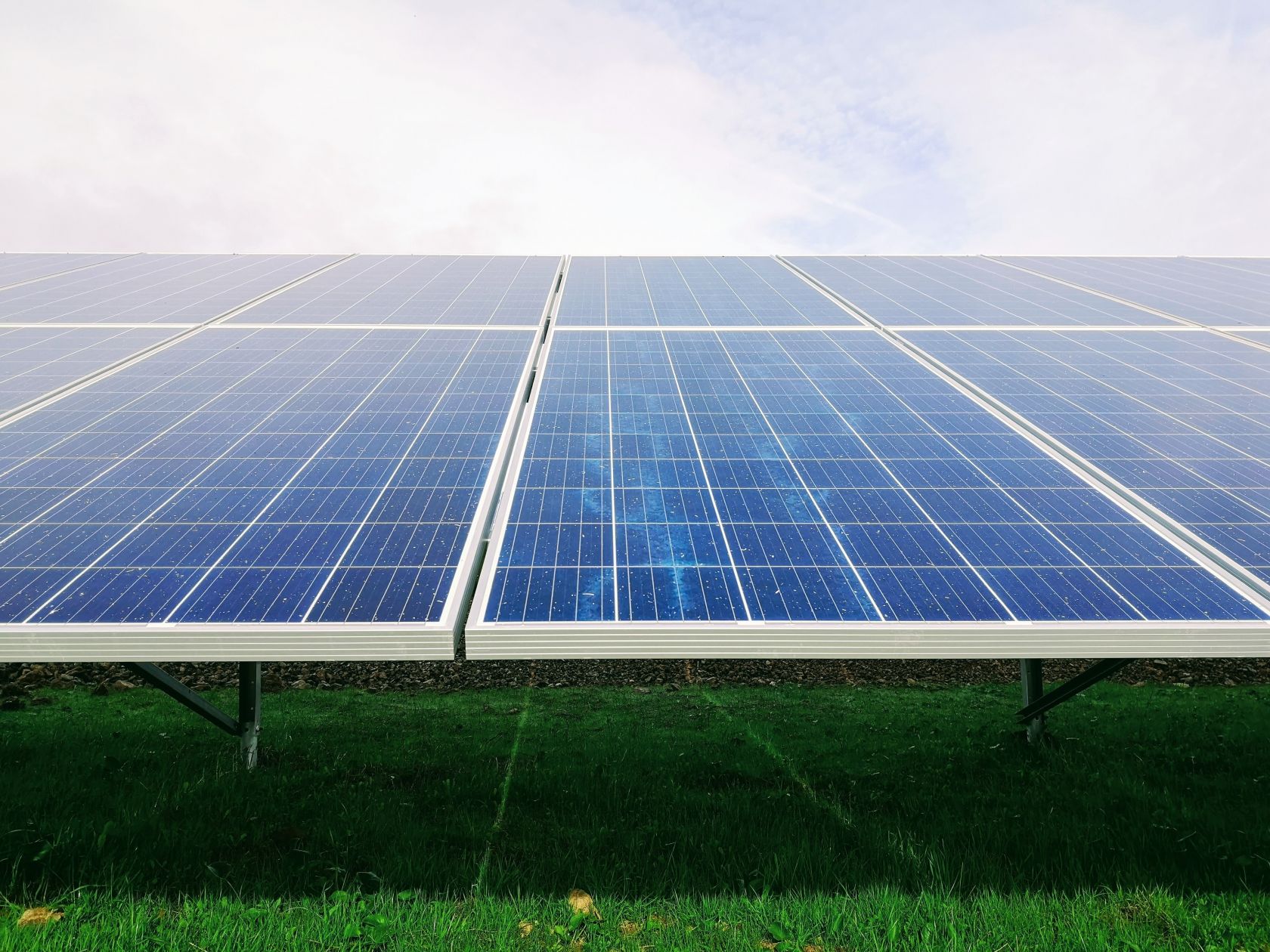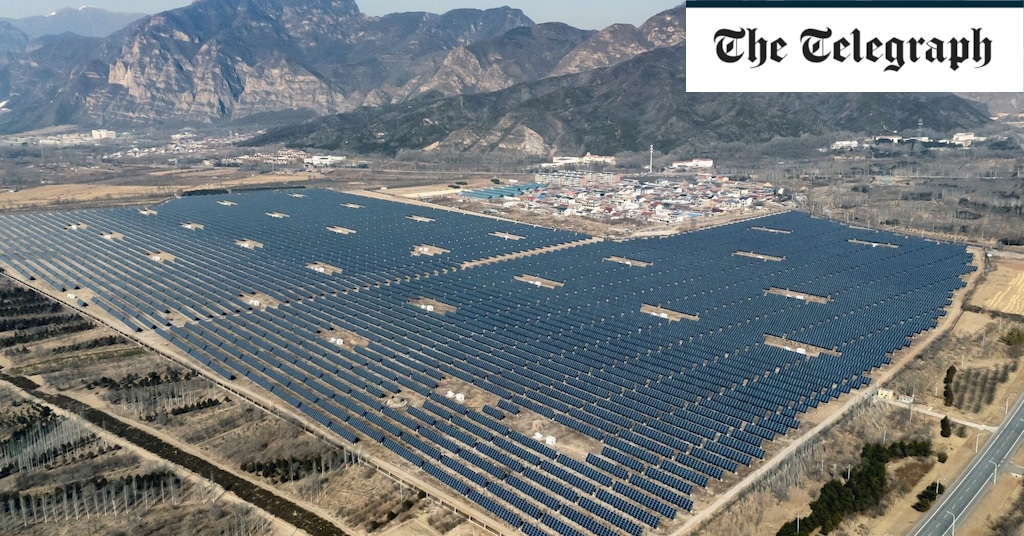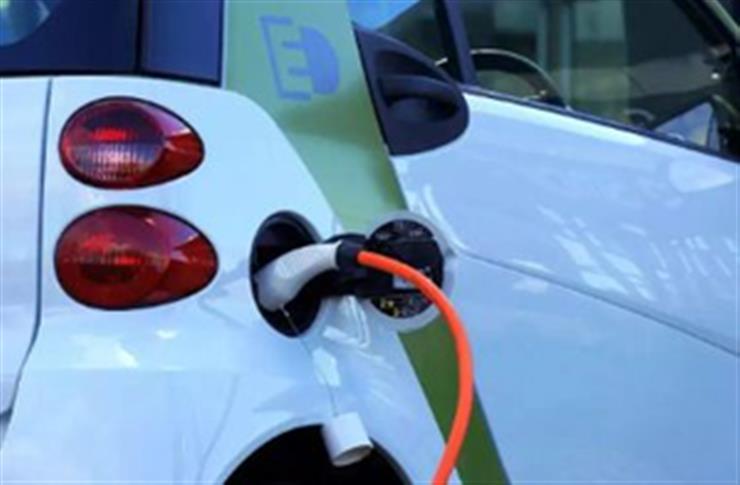Renewables Dominate with 61% Share
Portugal achieved a groundbreaking milestone in 2023 as renewable energy sources accounted for 61% of the country’s electricity consumption, supplying a record-breaking 31.2 terawatt-hours (TWh). According to Redes Energéticas Nacionais (REN), wind energy contributed 25%, hydroelectric 23%, photovoltaic 7%, and biomass 6% to the overall renewable energy production.
The year witnessed a remarkable 70% year-on-year growth in hydroelectric production, attributed to the dry conditions in 2022. Additionally, photovoltaic production surged by 43%, reflecting the continuous increase in installed capacity.
Lowest Non-Renewable Production Since 1988
In stark contrast, non-renewable energy sources supplied only 19% of the total consumption, marking the lowest value since 1988. The reduced reliance on non-renewable sources is attributed not only to increased renewable energy availability but also to a high import balance, covering 20% of consumption—an all-time high and the largest share since 1981.
Electricity consumption supplied from the public grid reached 50.7 TWh in 2023, witnessing a 0.8% increase compared to the previous year. This marks the highest consumption since 2018 and remains around 3% of the historical maximum recorded in 2010.
Declining Natural Gas Consumption
In 2023, Portugal experienced the lowest global natural gas consumption since 2014, totaling 49 TWh—a 21% decrease from the previous year. This decline is attributed to a substantial 42% reduction in the gas production segment. Sines terminal played a crucial role, supplying 95% of the total natural gas entering Portugal.
Throughout the year, gas consumption maintained a consistent downward trend, recording an 11.5% overall year-on-year decrease in December. The electricity market witnessed a significant 51% drop, partially offset by a 10% growth in the conventional segment.
Source:theportugalnews.com





